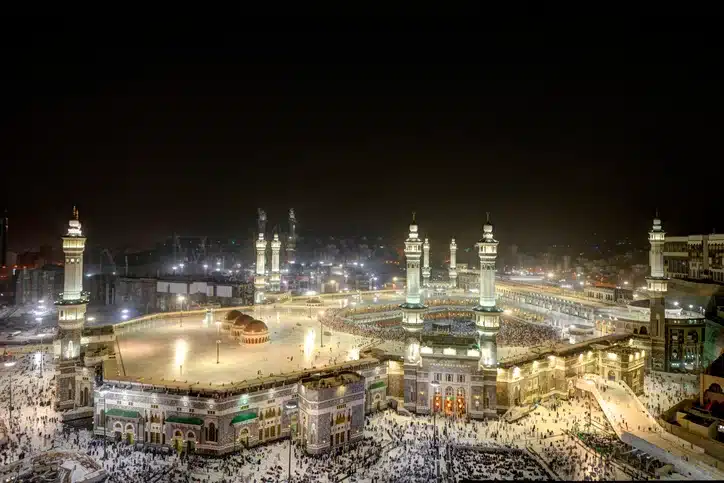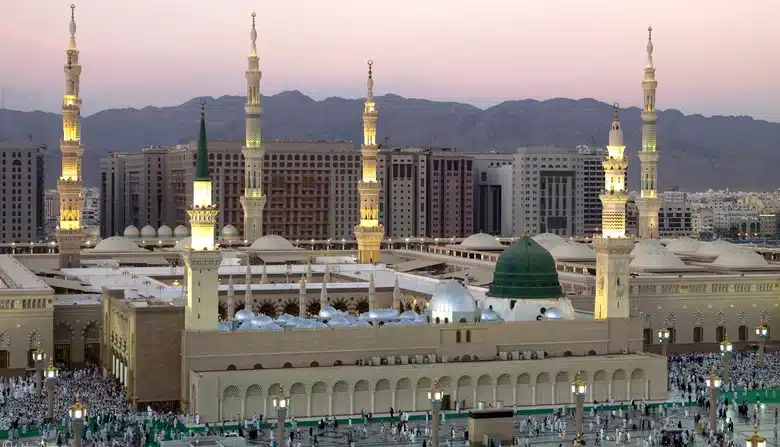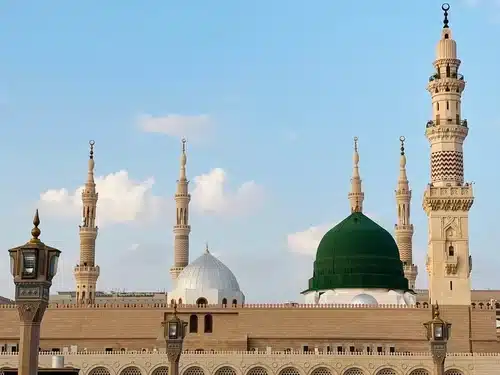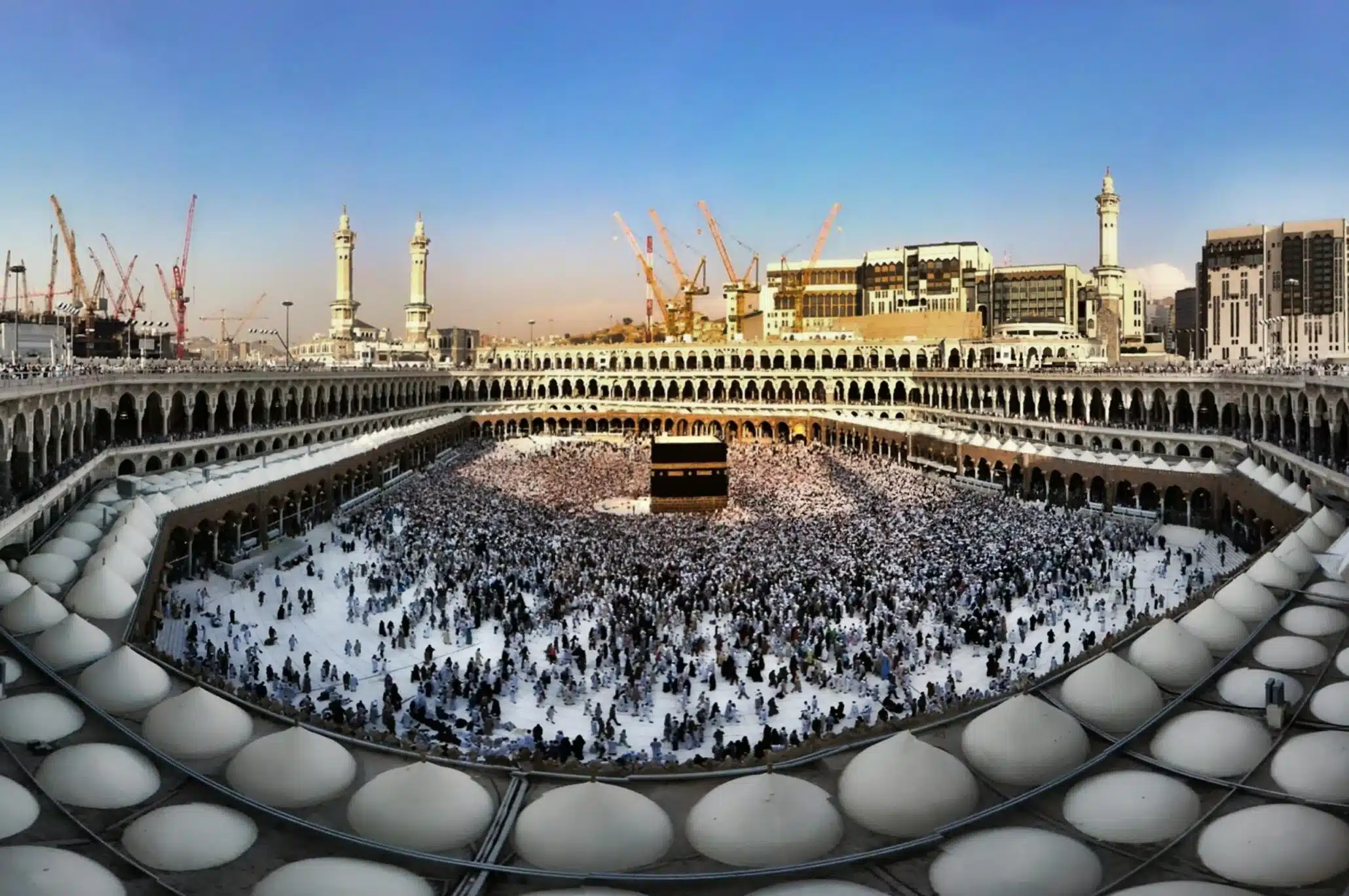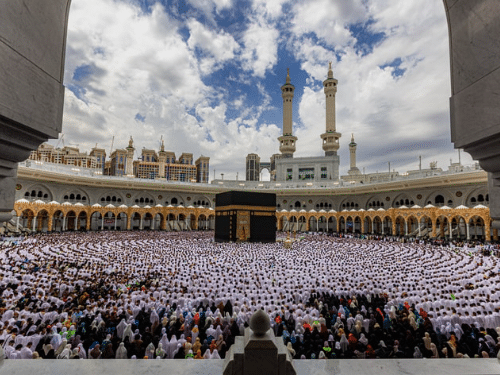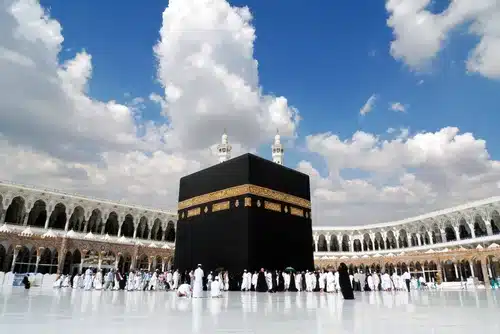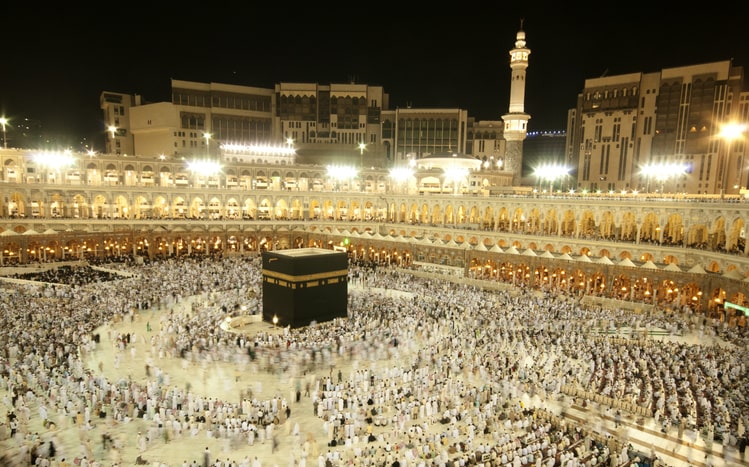Importance of Sehri and Iftar in Ramadan
Significance of Fasting in the month of Ramadan: –
Allah has made fasting obligatory for Muslims in the month of Ramadan. It is one of the five pillars of Islam. When Sahri and Iftar time begins, Muslims eat Sehri before Fajr Azaan. At Fajr their fast begins which completes at Maghrib Azaan. During this time, they refrain from eating, drinking and having sexual activity. Ramadan is a very blissful month. It is one of the favorite times of year of Allah. The devil is locked and chained during Ramadan. There is some uncanny spirituality during Ramadan in the atmosphere.

According to hadith, it is known that during Ramadan the gates of Heaven are opened while those of Hell are closed. People who keep fasts shall enter Paradise through a gate called Baab ar-Rayyan. A good deed performed during Ramadan is rewarded exponentially. There is a great reward for performing Umrah during Ramadan. Prophet Muhammad (PBUH) is reported to have said that performing Umrah during Ramadan is equal to performing Hajj with him. This suggests how blissful performing Umrah in Ramadan is.
Spirit of Ramadan: –
The spirit of Ramadan lies in experiencing the pain of hunger and exercising patience. Not only you refrain from eating and drinking but you must also abstain from bad deeds. In-state of fast, you must not lie, show anger or do backbiting. Some people think of Ramadan as a month to show off their cooking and hosting skills at the times of Sehri and Iftar. Ramadan is not a cooking competition. Rather it is a gift from Allah to improve your account of deeds and increase your sawaab. It is a month of repentance and supplicating to Allah. Try to utilize your time in the best possible way by performing good deeds and remembering Allah. Especially spend the last ten nights of Ramadan in prayer and worship of Allah, seeking the Night of Power.
Importance of Sehri and Iftar: –
Sehri is the meal you eat before dawn when you keep fast. There is a great reward for eating Sehri. After Sehri, as the call to Fajr prayer is made you make the intention to keep fast. Choose what you eat in Sehri very wisely. Since you stay without food and drink all day, make sure you consume water in good quantity.
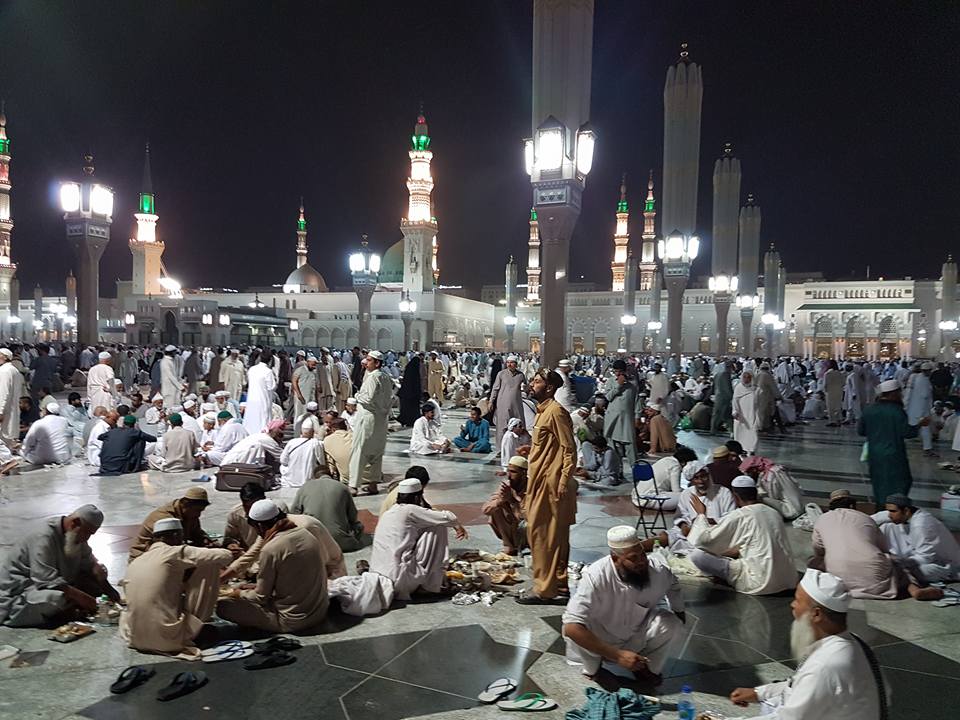
If you are addicted to caffeine, a cup of tea at Sehri shall suffice you. Eat high energy foods at Sehri. These include oats, milk, yoghurt and wholegrain varieties such as cereals. Do not consume food that causes bloating and constipation. Avoid foods that make you feel thirsty.
Iftar is Arabic word which means “to break”. As the meaning suggests, it is the time of breaking the fast at the call of Maghrib prayer. It is a very important time. Allah accepts the supplications made at Iftar. You do not just eat food and break your fast. Rather, you feel grateful for Allah for his blessings. You take food and drink for granted. Sometimes you throw away leftover food or show disapproval towards home-cooked meals. But after experiencing hunger you realize how important all of these Allah’s blessings are. It is a heartening experience to lift your spirituality. After being without food and drink you feel the pain of hunger that many people in the world feel on a daily basis. It makes you more compassionate towards the poor and needy.
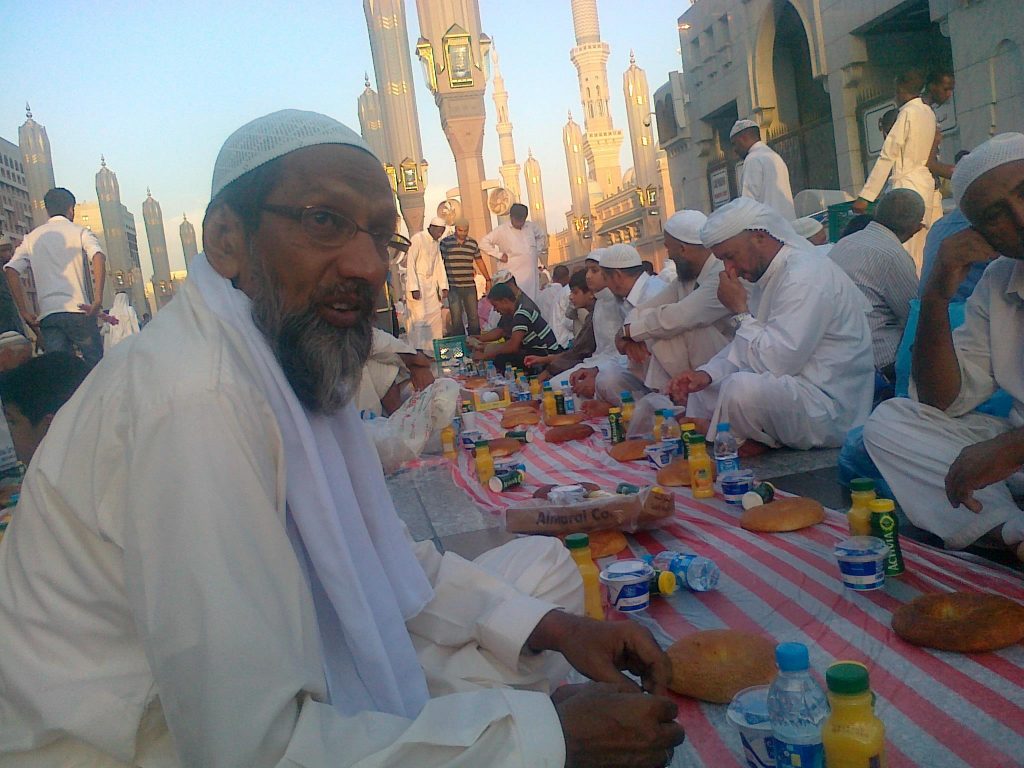
Iftar
At Iftar, it is advisable to consume natural sugars in the form of fruits and dates rather than artificial drinks. They cause bloating and you may feel uneasy after Iftar. The best way to do Iftar is by breaking your fast with a date, drink some water and eat something light, maybe a fruit. Then offer Maghrib prayer. By this time your stomach shall be prepared to intake food. Then you can eat your Iftar. However, be careful not to overeat as you may experience digestive problems making it difficult to offer Taraweeh prayer.
Hence make a very wise choice with regard to what you eat in Sehri and Iftar.






